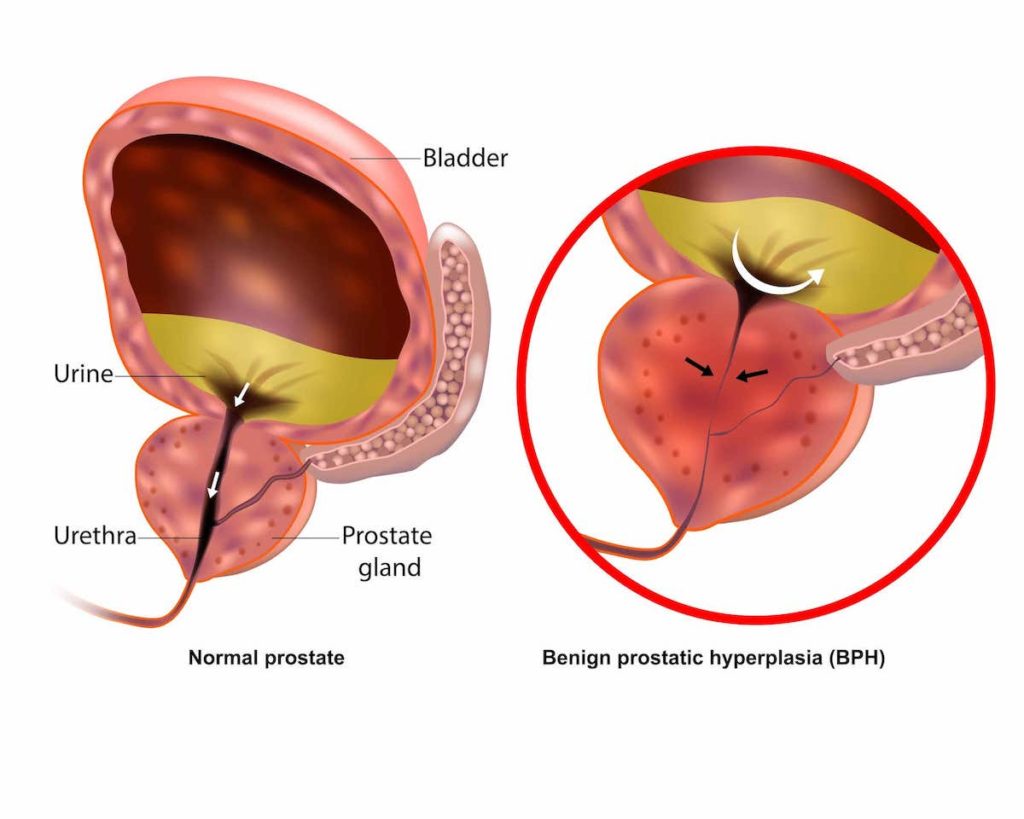Benign prostatic hyperplasia (BPH), or prostate enlargement is a common, yet often overlooked condition in ageing men. It is an ailment that generally affects men between 40 and 60 years old and is characterised by symptoms that impact the quality of life. Many urologist in Singapore practitioners guarantee that it is not linked to the development of prostate cancer, but it requires appropriate medical intervention to mitigate symptoms and, later on, prevent complications.
This article delves into benign prostatic hyperplasia and allows affected individuals to make lifestyle changes and seek medical help if necessary.
BPH: An overview
When BPH develops, the prostate gland becomes encircled to the urethra, the tube that is located below the bladder, becomes enlarged. This enlargement can intrude on the urethra and lead to urinary symptoms that include difficult urination, weak urine stream, and frequent urination (especially at night). Symptoms that may lead to sleeping difficulties.
While the exact cause of the said condition cannot be pinpointed, it is believed that it is linked to ageing and hormonal changes that accompany it. Other contributing factors include obesity, family history, physical inactivity, and others.
Diagnosis
The diagnosis of BPH includes a combination of physical examination (digital rectal examination), analysis of medical history, and a wide range of tests. The tests may include urine tests, blood tests, and prostate ultrasound, among others. Additional tests such as postvoid residual volume measurement, cystoscopy may be performed so that a urologist in Singapore can assess the severity of obstruction and bladder function.
Management strategies
The good news is that BPH can be treated and managed. However, it depends on the severity of symptoms and the prevalence of complications. In line with this, mild cases may only necessitate lifestyle changes and medical monitoring, while moderate to severe cases may require medication and surgery.
- Lifestyle changes
- Reduced fluid intake, especially before bed.
- Double voiding or trying to urinate a couple of minutes after finishing.
- Avoiding bladder irritants such as caffeine, alcohol, tea, etc.
- Manage constipation since straining can worsen benign prostatic hyperplasia symptoms.
- Medications
A urologist in Singapore may prescribe the following medications:
- Alpha-blockers that are specifically designed to relax bladder neck muscles that, in turn, may encourage more convenient urination.
- 5-alpha reductase inhibitors that may shrink the prostate after a set period.
- Combination therapy or a combination of the aforementioned medications.
- Surgery
- Urolift – Miniature implants that are specifically designed to lift as well as hold enlarged prostate tissue away from the urethra.
- Transurethral resection of the prostate (TURP) – A form of surgery that removes excess prostate tissue from blocking the urethra.
- Other tried and tested procedures – Different heat-based or laser-based therapies are available for patients who are affected by BPH.
Complications of untreated BPH
It is important to note that a urologist in Singapore is essential at the first sign of symptoms. This is because if left untreated, complications may arise that may become detrimental to one’s overall health and well-being. The long list of complications that may arise include the following:
- Urinary tract infections (UTIs) – Urinary tract infection develops when bacteria (often from the rectum or skin) enter the urethra, and its risk may increase due to UTI.
- Complete blockage – Inability to urinate to the point that emergency intervention may be required.
- Bladder damage – The bladder may become weakened and lose the ability to become emptied completely.
- Kidney failure – When BPH is developed, it can compress the urethra and consequently interfere with urine flow. When the urine cannot pass through the body, kidney failure may take place.
Summing up
In the end, it can be said that individuals who are affected by benign prostatic hyperplasia should not push the panic button just yet because it is a highly manageable condition. In line with this, with early diagnosis and proper guidance from a urologist in Singapore, affected individuals can find relief from bothersome symptoms and eventually regain their health.

